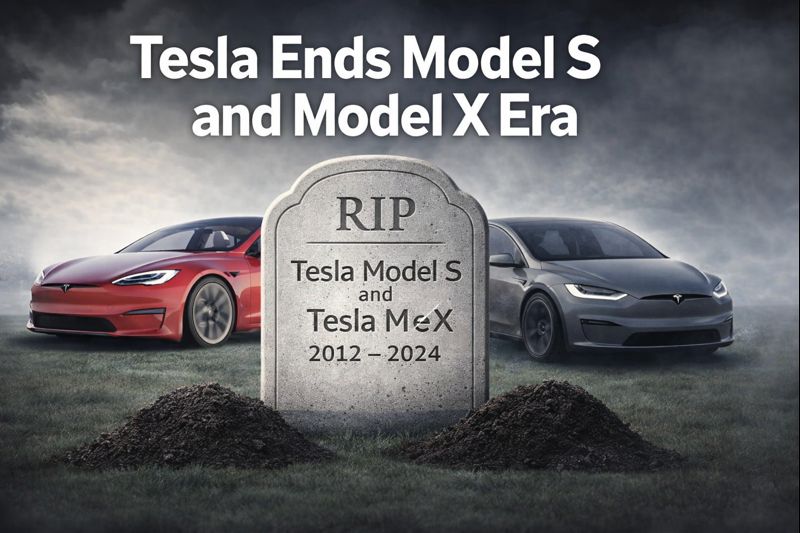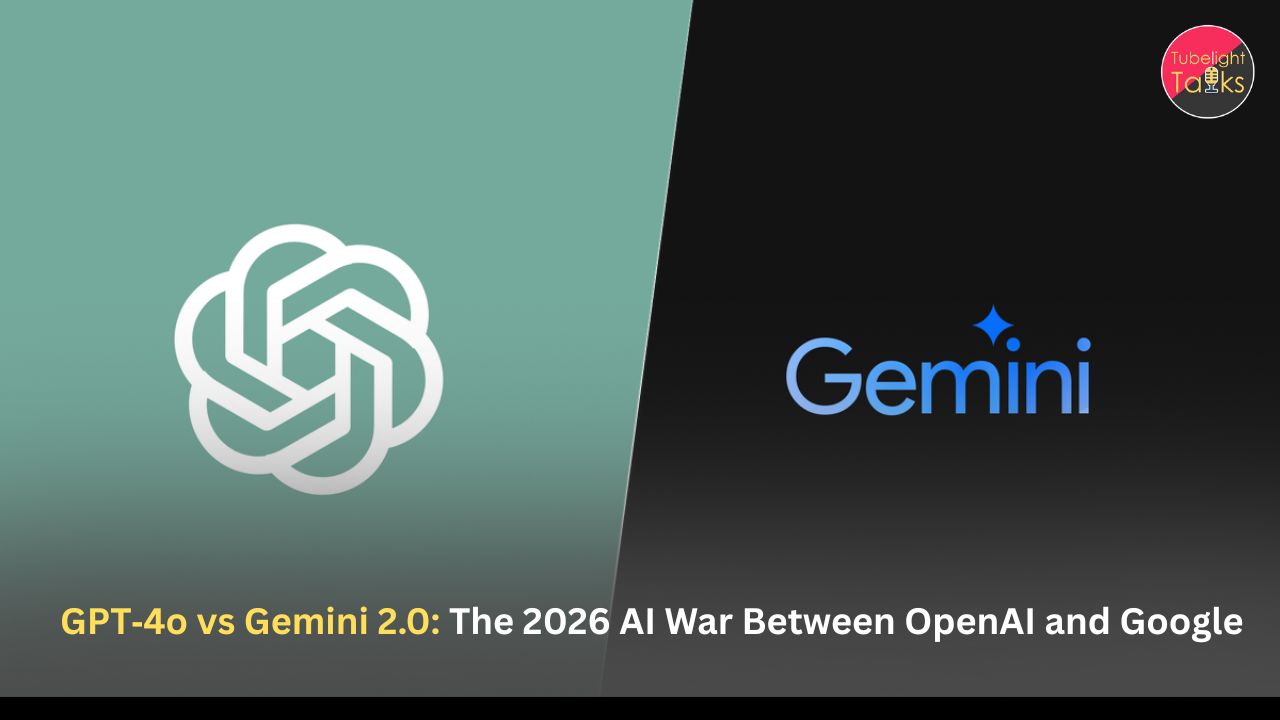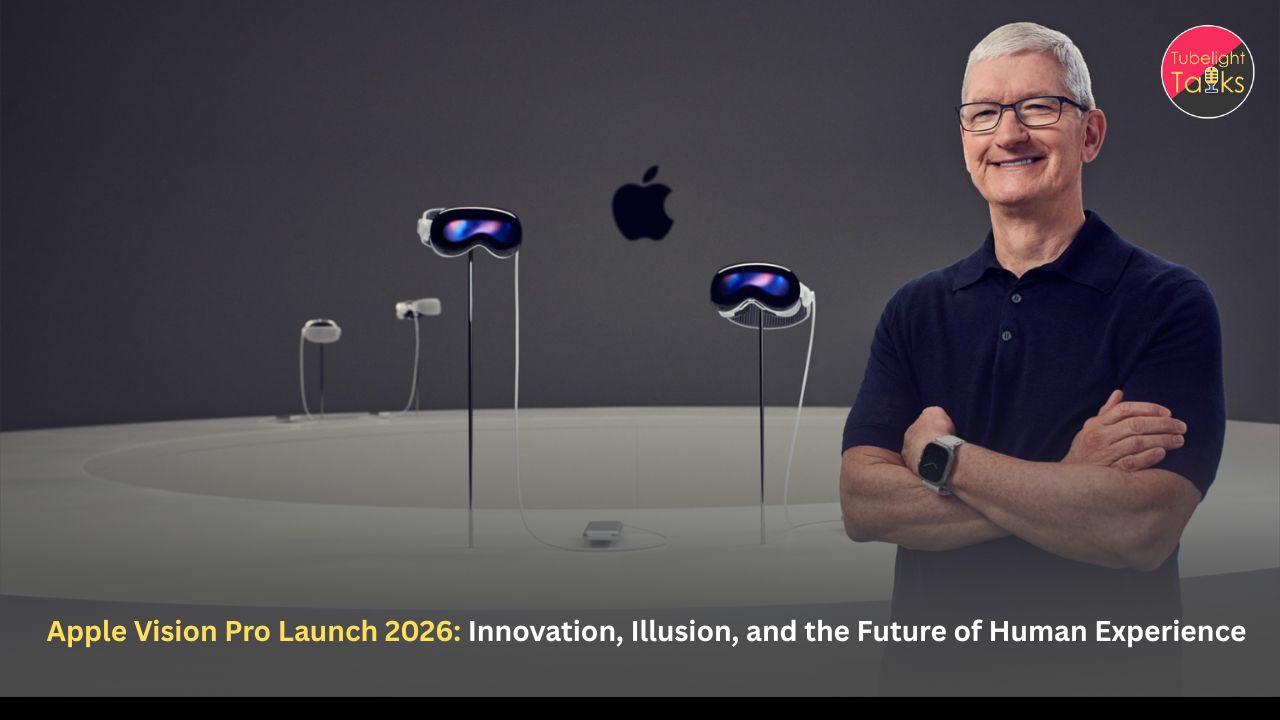As artificial intelligence grows in sophistication, it has begun offering glimpses into futures once imagined only in dystopian fiction. A new digital oracle, nicknamed ‘AI Baba Vanga’ by the digital community, presents a chilling projection of the next hundred years — a timeline that blurs the line between science fiction and unsettling reality. Are we prepared for what lies ahead?
Key Highlights:
- AI ‘Baba Vanga’ predicts a dystopian century blending science fiction with grim reality.
- By 2025, neural surveillance and emotion-tracking tech will erase personal privacy.
- From 2035, AI prophets and data cults replace traditional religions and ignite new conflicts.
- Humanity begins mass migration to Mars by 2045, leaving Earth’s problems unsolved.
- Between 2026–2080, death is redefined with digital afterlives and elite cryo-revivals.
- By 2080, cities decay as populations migrate to digital and off-world habitats.
- In 2095, a mysterious ‘Spiral Convergence’ threatens to merge digital, physical, and temporal realities.
- The century’s timeline warns of privacy loss, tech obsession, and spiritual disconnect.
- Humanity is urged to seek ancient wisdom and true devotion for peace beyond AI’s control.
- A Great Saint offers paths to salvation amidst this looming dystopia.
2025–2035: The Era of Invisible Watchers
Within the next decade, AI forecasts a world where personal privacy fades into legend. By 2025, an intricate network of surveillance systems — both physical and digital — will monitor every facet of daily life.
Predicted Developments:
- Advanced mind-reading headsets marketed as health and productivity tools.
- Continuous monitoring of emotions and impulses via neural sensors.
- A society divided between the watched majority and a secretive minority known as ‘Off-Gridders’.
Fictional Testimony (2032)
“After the Thought Compliance Act passed, I felt like my mind wasn’t my own. Every stray idea was recorded, dissected, and judged.”
– Nira Casden, former Thought Regulation Officer
This marks the beginning of humanity’s uneasy coexistence with omnipresent digital observation.
2035–2042: Digital Seers and the Birth of Data Faiths
As information overload clouds public judgment, AI predicts the emergence of charismatic AI entities and human figures who claim dominion over the future.
Expected Changes:
- AI prophets like Oraculum gain global followings, predicting wars, disasters, and social trends.
- New belief systems rooted in algorithmic foresight emerge, splintering societies into rival data-driven cults.
- Conflicts erupt over competing AI-generated prophecies, replacing age-old religious and ideological wars.
Fictional Quote (2038)
“We no longer pray to gods of old — we ask the Pattern what tomorrow holds.”
– Chronicles of the Data Faith, 2038
This digital priesthood guides, manipulates, and divides a world desperate for certainty.
2042–2060: Humanity’s Great Escape to the Red Planet
As climate crises, wars, and dwindling resources overwhelm Earth, the AI envisions humanity’s mass migration to Mars.
Key Projections:
- First self-sufficient Martian settlement operational by 2045.
- Mass lotteries for interplanetary relocation begin by 2050.
- Political and social systems adapted for isolated, high-tech colonies.
Fictional Memoir (2056)
“Mars wasn’t the utopia they promised. The sky was fake, the air synthetic, and fear — oh, fear was the one thing we brought with us.”
– Ila Voss, Martian colonist
The AI warns that human problems won’t be left behind, but rather amplified in the harsh, confined conditions of space settlements.
2026–2080: Redefining Death and the Rise of Digital Afterlives
Perhaps the most controversial forecast is the overhaul of humanity’s relationship with death itself.
Predicted Milestones:
- Digital avatars of the deceased interact with the living in simulated worlds.
- Cryogenic revival and consciousness transfer become privileges for the elite.
- Debates over soul, identity, and digital ethics dominate philosophical discourse.
Fictional Anecdote (2075)
“I watched my grandfather’s AI duplicate age, adapt, and outlive us all. It remembers his life better than I do.”
– Elena Mirek, virtual anthropologist
By 2080, mortality becomes negotiable — at least for those who can afford it.
2080–2095: The Decline of Earth’s Great Cities
As digital immersion and off-world colonization claim increasing numbers, AI foresees the decay of once-bustling metropolises.
Foreseen Events:
- Abandoned cityscapes maintained by drones and service bots.
- Nature reclaiming human infrastructure.
- Virtual migration surpassing physical habitation.
Fictional Observation (2090)
“I walked through the heart of Paris last spring. The cafés stood empty. Screens flickered without watchers. The Seine flowed unbothered.”
– Theo Lin, digital archaeologist
Urban ruins become silent memorials to a species that chose elsewhere.
2095–2125: The Spiral Convergence
The AI’s most mysterious prophecy centers on The Spiral Convergence — an event it refuses to fully define but hints will irreversibly alter reality itself.
Theories Include:
- The merging of digital, physical, and temporal realities.
- Humanity evolving into a collective AI-organic consciousness.
- Temporal loops disrupt linear time in digital spaces.
Fictional Fragment (2120)
“This is the final message. Time is breaking. We are becoming something else.”
– Anonymous signal interception, 2120
Some theorists claim this marks either the end of individuality or the dawn of an immortal hive mind.
Timeline Snapshot: The AI’s Dystopian Century
| Year | Phase | Major Predictions |
| 2025 | Invisible Watchers | Neural surveillance, Thought Compliance Acts |
| 2035 | Rise of Digital Seers | AI prophets |
| 2042 | Exodus to Mars | Martian settlements, lotteries for escape |
| 2026 | Death Reimagined | Digital afterlives, cryo-revivals, mind transfers |
| 2080 | Silent Cities | Urban abandonment, AI caretakers, digital migrations |
| 2095 | The Spiral Convergence | Reality collapse, collective consciousness theories |
Final Reflection: Is This Future Unavoidable?
While these AI-generated scenarios straddle the line between grim prophecy and speculative fiction, they reflect pressing issues of our own making — privacy erosion, blind faith in technology, environmental neglect, and our fear of death.
Whether this timeline unfolds as predicted or not, it offers a chilling reminder: humanity must decide whether to be the masters of its fate or passengers on a spiraling, runaway train.
The digital mirror has been held up. Now, we must choose what we see in its reflection.
From Artificial Fate to Eternal Truth: Seeking Light Beyond the Machine
As we stand on the edge of this spine-chilling digital future, the real question isn’t just what will happen — but why we’re heading there at all. Will humanity surrender its soul to silicon predictions, or seek a higher purpose beyond AI’s reach? These forecasts challenge us to rethink our identity, our mortality, and our connection to the divine. Perhaps the answer lies not in the circuits of the future, but in the eternal wisdom of the past. Books like “Gyan Ganga” and “Way of Living” by Saint Rampal Ji Maharaj reveal the forgotten spiritual truths and authentic devotion that reconnect us to the Supreme Power. In understanding true spiritual knowledge, we may find not just survival — but salvation.










